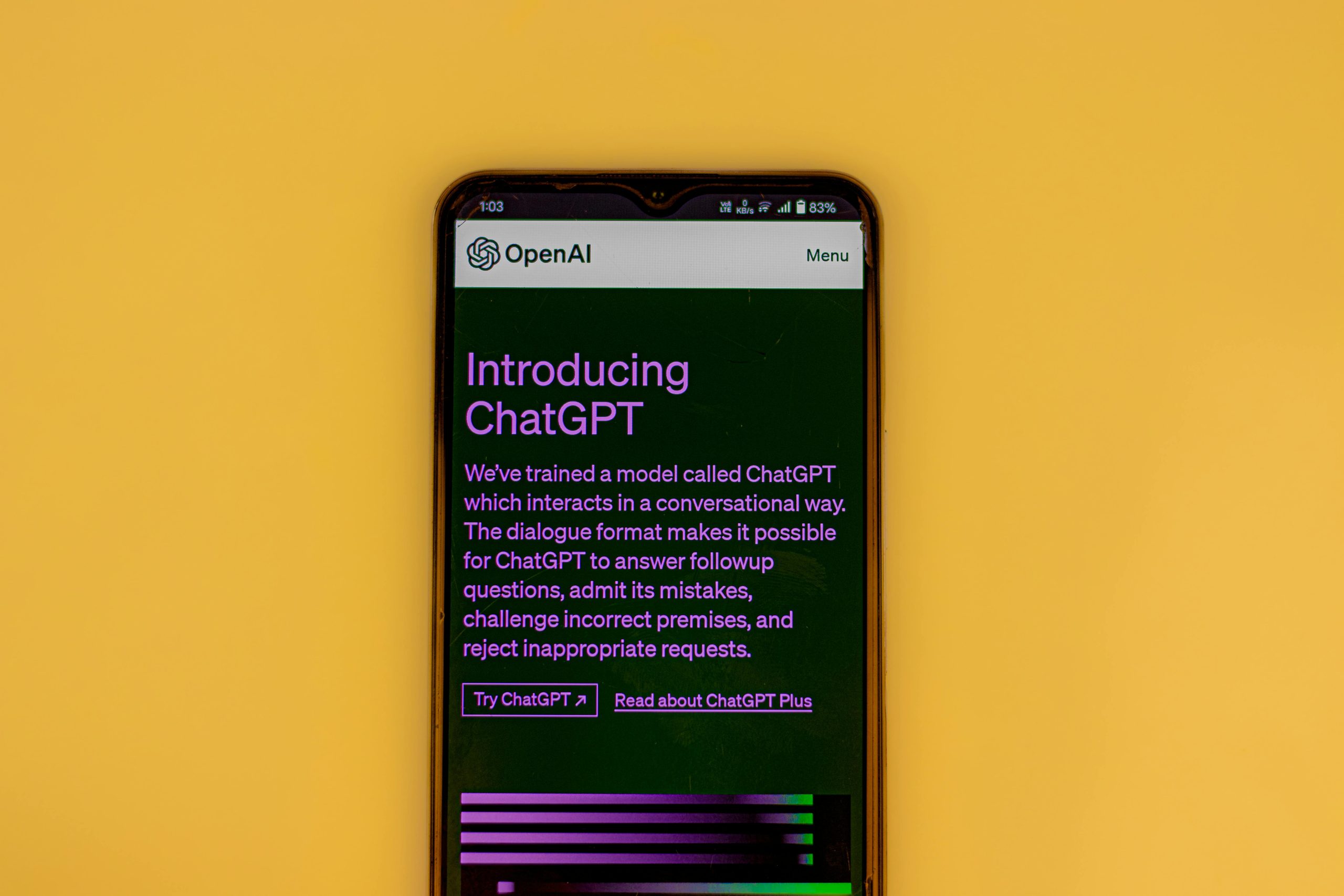I used chatgpt when i was writing my thesis and I don’t know if I have to mention this in my thesis. What do you think?
Integrating AI Tools into Academic Research: Navigating Best Practices and Ethical Considerations
The rapid advancement of artificial intelligence (AI) technologies has transformed many aspects of academic research, offering new tools for efficiency and insight. One such tool, ChatGPT, has gained popularity among students and researchers for its ability to assist with vocabulary refinement, literature search, and broader information gathering. However, the question of transparency and proper acknowledgment when using AI in scholarly work remains an evolving ethical landscape.
Case Scenario: Using ChatGPT During Thesis Writing
Consider a graduate student working on their thesis who integrated ChatGPT into their research process—primarily for enhancing vocabulary and identifying relevant literature. Notably, the student did not include any AI-generated outputs in the thesis document itself. When consulting university guidelines on AI usage for academic work, the student found that the policies explicitly address text generation but leave ambiguity about auxiliary uses like literature suggestions or language assistance.
The student reached out to their thesis supervisor for clarification but has yet to receive a response, with the upcoming submission deadline adding pressure to resolve the issue promptly.
Key Considerations for Researchers Using AI Tools
-
Transparency and Disclosure:
While AI tools can be valuable allies in research, transparency about their use is essential. Even if AI-generated content is not directly included in the final thesis, disclosing the utilization of such tools in the methodology or acknowledgment sections can uphold academic integrity. -
Understanding Institutional Policies:
Policies surrounding AI usage vary across institutions and disciplines. Some universities may have explicit guidelines, while others may provide only general principles. Researchers should familiarize themselves thoroughly with these guidelines and seek clarification when in doubt. -
Purpose and Scope of AI Assistance:
The purpose for which AI tools are employed can influence reporting standards. Using AI for language refinement or literature search differs ethically and procedurally from generating substantive content or analysis that could be misconstrued as original work. -
Ethical Scholarship Practice:
Responsible use of AI involves recognizing its role as an assistive technology rather than a substitute for original thought and scholarship. Proper attribution and acknowledgment contribute to maintaining academic honesty.
Best Practices Moving Forward
- Document AI Usage: Keep records of how and when AI tools were utilized during your research process.
- Consult Faculty and Institutional Guidelines: When policies are unclear, proactively seek guidance from advisors or institutional research offices.
- Declare AI Assistance in Your Work: If appropriate, include a statement clar














Post Comment